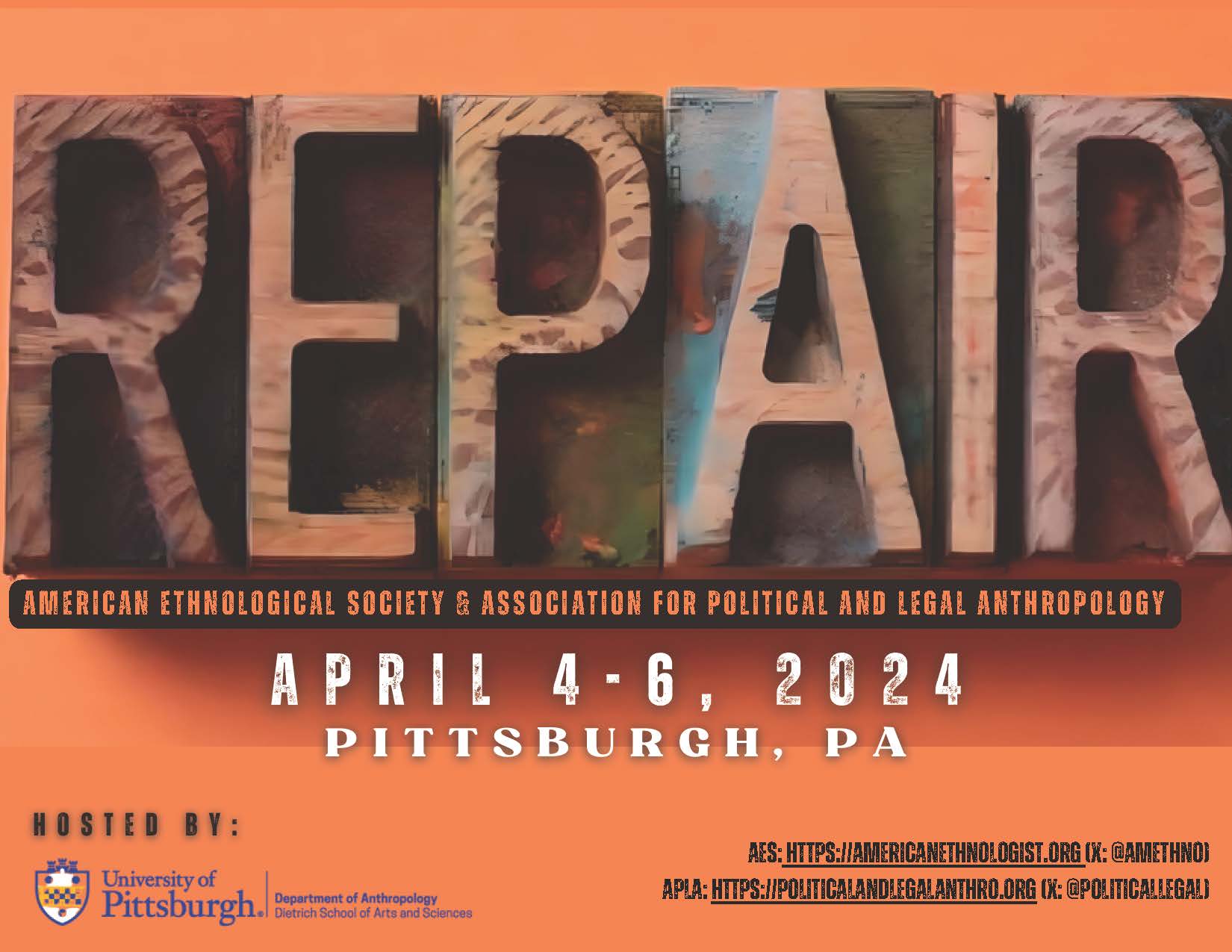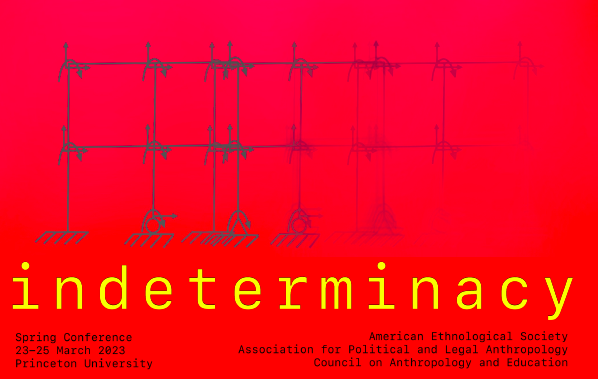March 12-15, 2015
San Diego, California

Theme: Emergence
To emerge is to come forth, to come into view, to become known. Emergence may be predictable or unexpected, either an evolutionary process or the creation of something altogether new. In thinking of “emergence” as a contemporary theme in cultural anthropology, we envision a range of possibilities. Current scholarship on energetic ideas such as vitality, vibrancy, and liveliness speaks to being and becoming, yet so does affective and material work on the generative properties of decay, destruction, and ruins, or research on the social forms that emerge after war or disaster.
Joining theoretical conversations about ontology, ethnological research offers insights into how things, concepts, infrastructures, and characters come into being, but also directs attention to what is put aside, deliberately obviated, or lost. Studies of emerging” democracies, economies, or donors provide strong bases to critique the determinism inherent in notions of emergence. Recent explorations of new anthropological spaces, formations, data, and subjects (human and non-human) open related questions. For example, how do topics or questions emerge as new, or perhaps as newfangled, and what sort of relationships or scholarship follows? We invite proposals for papers, panels, workshops, and special events that bring forth new thinking about the process of becoming. Topics might include:
Emergencies and related social forms that come out of war, conflict or destruction
The role of infrastructure in bringing forth new anthropological subjects
New forms of data and information that construct novel forms of subjectivity
The emergence of material objects as vital agents
Insurgencies and other emergent political movements
New populations, such as migrant children, coming into political view
Hybrid mixes of innovation, reconstruction and revival in the built environment
The anthropology of trends and fashions
New aesthetic movements and sensibilities
Diseases, religious or ideological movements, and political movements classed as emerging threats
Workshops begin March 12
Full program, including paper panels, begins March 13
Workshops
We are thrilled to offer four workshops on Thursday, March 12. Graduate students who participate will be reimbursed for $50 to cover costs of their participation. (Paperwork for reimbursement will be distributed at each workshop.)
1) Emergent Spaces in the Streets of San Diego: Place, Territory, Terrain, Rubble: A Workshop with Gaston Gordillo
This is a “walking workshop” in which participants will discuss theories of place, space, destruction and re-emergence as they walk the streets of San Diego with Gaston Gordillo, the author of Rubble: The Afterlife of Destruction.
Registration cost: Free
2) Emergence and Debt: A Workshop with Julia Elyachar
In this free-flowing conversation, participants will discuss development, indebtedness, and NGOs with Julia Elyachar, the author of Markets of Dispossession: NGOs, Economic Development and the State in Cairo.
Registration cost: Free
3) Hands-On Professionalization and Publication Workshop
This hands-on workshop will have three parts: a) Publishing Journal Articles and Books, b) Book Reviews and Edited Volumes, c) Succeeding in the Job Market.
Registration cost: $75.
Facilitators include:
Angelique Haugerud, Editor, American Ethnologist
Rebecca Tolen, Acquiring Editor, Indiana University Press
Carol Greenhouse, AES President and Chair, Department of Anthropology, Princeton University
Eric Gable, Professor, University of Mary Washington
Please contact organizer Andrew Hernann (ahernann@gc.cuny.edu) before registering to receive more information about precirculating drafts for peer comment.
4) Integrating Visual and Psychological Anthropology: A Workshop with Robert Lemelson
In this interactive workshop, participants will explore visual anthropology methods with ethnographic filmmaker Robert Lemelson. Lemelson, the president of the Foundation for Psychocultural Research and research anthropologist at the Semel Institute of Neuroscience at UCLA, has made nine ethnographic documentaries. The New York Times called his latest film, Bitter Honey, “an agonizing documentary examination of polygamy in Bali, Indonesia.” Participants will discuss filmmaking technique and anthropological concepts while working hands on with new film technologies.
Registration cost: Free
For more information about the conference, contact conference organizer and AES Councilor, Elizabeth Cullen Dunn at elcdunn[at]indiana[dot]edu.



